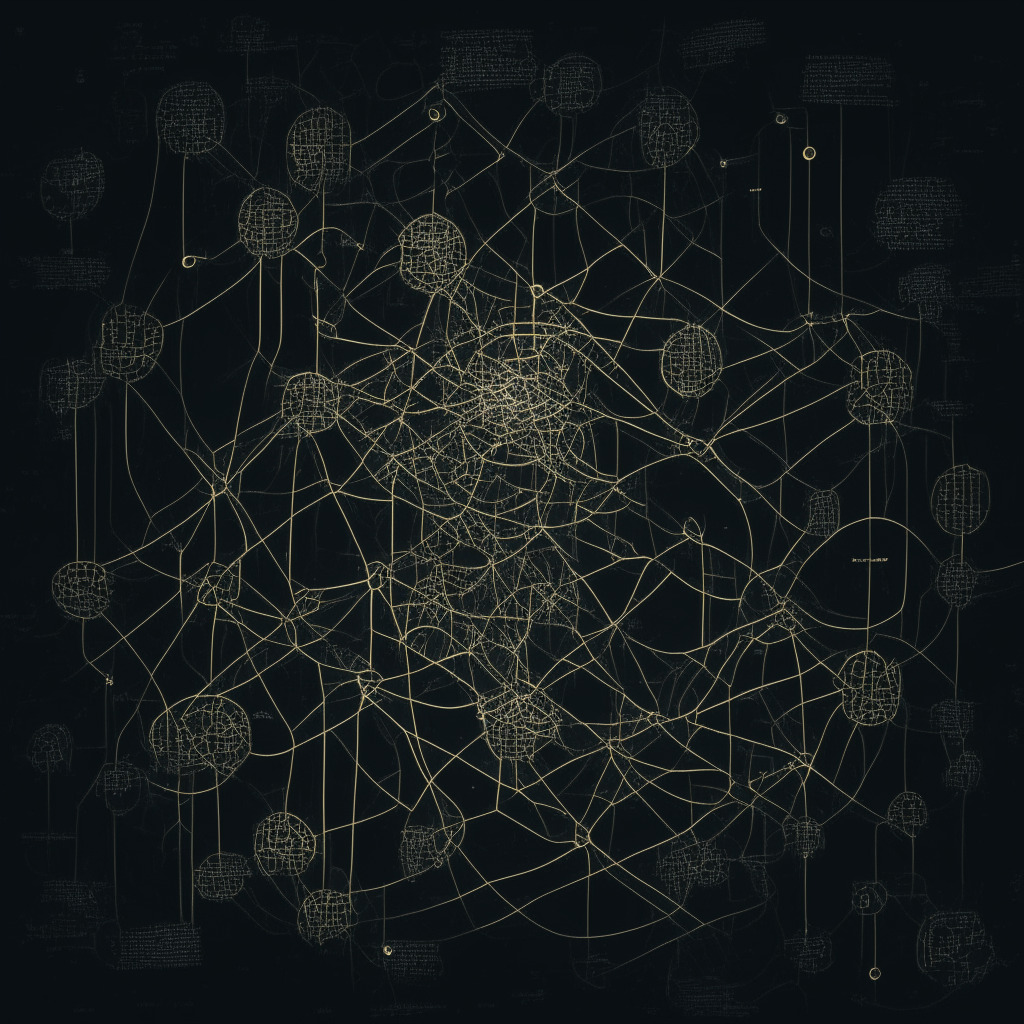Cross-chain protocol Multichain has been facing a challenging situation as the team announced on May 31 that it is unable to locate its CEO, Zhaojun. Fueled by technical issues and delayed transactions across multiple cross-chain bridges, this development has led to rumors that the company’s leadership may have been arrested in China. Unable to access the necessary server for maintenance, the Multichain team has halted services for over 10 affected chains.
These chains include Kekchain, PublicMint, Dyno Chain, Red Light Chain, Dexit, Ekta, HPB, ONUS, Omax, Findora, and Planq. In the absence of an official response from Multichain regarding the arrest rumors, speculations continue to swirl on social media platforms. However, the allegations remain unconfirmed at the time of writing.
One of the most concerning aspects of this situation is the apparent centralization of the Multichain protocol. The team’s inability to access the server and address the ongoing problems highlights the protocol’s dependence on a single person, which is a step backward from decentralization. This incident has led some members of the crypto community to question the path to decentralization in the blockchain world.
In response to the technical issues and unexplained delays, Binance suspended deposits for 10 bridged tokens on the BNB Smart Chain, Fantom, Ethereum, and Avalanche blockchain networks on May 25. The Fantom Foundation also removed 449,740 MULTI ($2.4 million) from liquidity on decentralized exchange SushiSwap. Blockchain analytics firm Lookonchain reported $3 million worth of MULTI outflows related to smart money accounts last week.
Decentralization has always been the cornerstone of blockchain technology and cryptocurrency. Yet, the current situation faced by Multichain questions the true decentralization of this protocol. While the crypto community eagerly awaits clarity on the arrest rumors and future of Multichain, a lesson can be learned from this story. Blockchain protocols must work towards maintaining robust decentralized systems that are not entirely dependent on one individual. This not only encourages transparency but enhances user trust and security in the digital world.
Source: Cointelegraph




